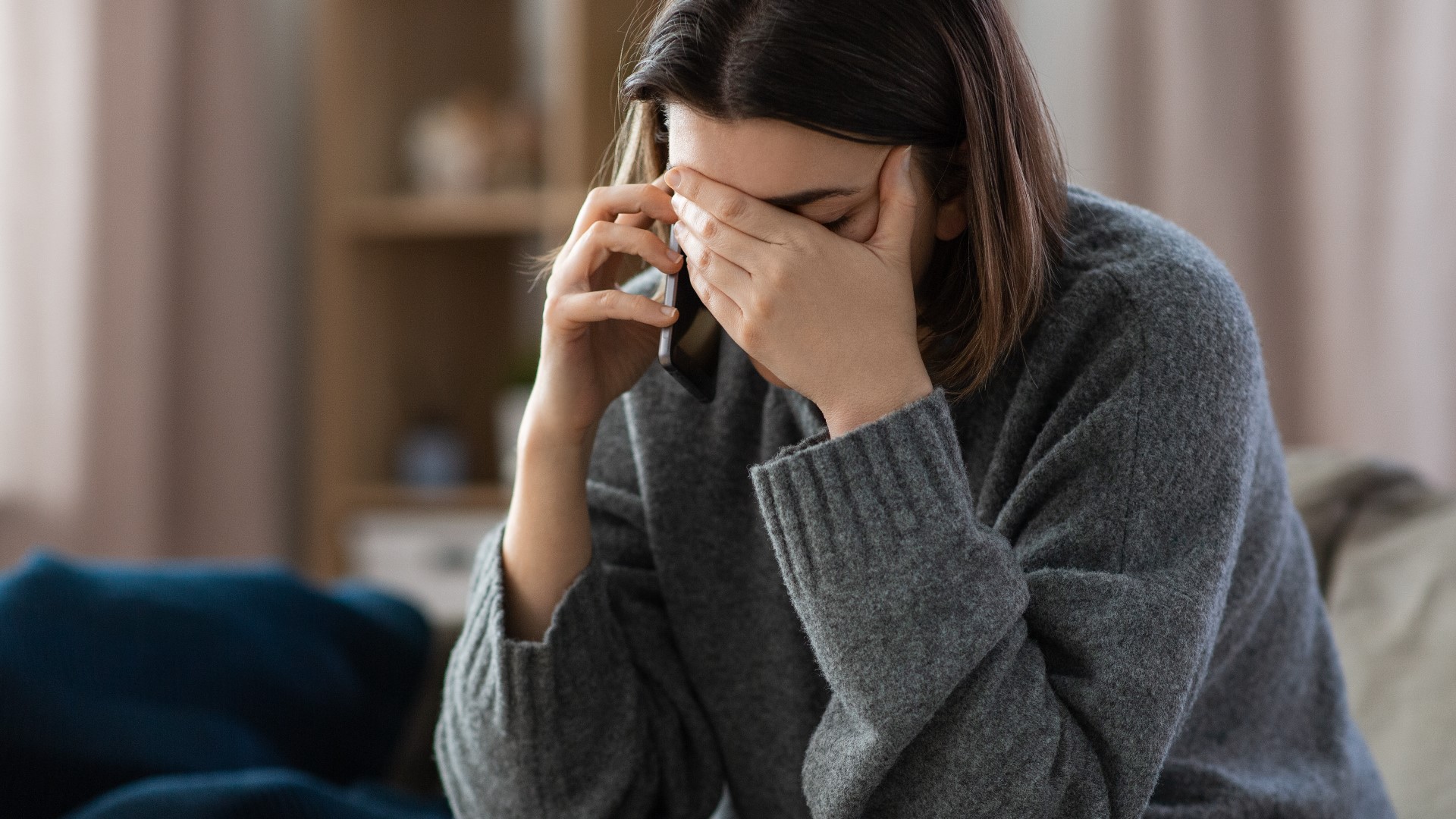COLUMBUS, Ohio — Local experts say mental health is a top priority as the country collectively processes recent events — from the Supreme Court overturning Roe v. Wade to deadly shootings such as the one in Highland Park on July 4.
Arianna Galligher, a licensed independent social worker supervisor and the associate director of the STAR Trauma Recovery Center at The Ohio State University Wexner Medical Center, said each person is experiencing the recent effects differently based on the impact and proximity they have.
Galligher said some people are experiencing lived trauma while others are experiencing vicarious trauma, and most people are experiencing moral injury.
“Moral injury is when we're faced with reconciling differences between what's happening in the world, and what our values and our morals tell us should be happening,” Galligher said.
Galligher said there is no quick fix for handling trauma and recommends seeking out a counselor for support.
“This is a time when it's important to get as informed as you can, to get as active as you can in the process of decision making, as it relates to not just you individually or your family, but kind of the rules that govern our world,” Galligher says. “There is hope, it's just not, it's just not immediate gratification.”
10TV spoke with many women at recent abortion-rights protests who said they are overwhelmed by recent events on multiple levels.
“As somebody who has had a miscarriage in the past and had to go through a medical abortion, it's really scary to think that there may not be that health care out there here locally,” said, Tara Weld who protested beside her son and his father.
“For me as a woman of color, and then having Roe v. Wade overturned. Also Black Lives Matter going on, it just feels like there's no space for me in the world, I guess,” said Phillisity Neal, a Columbus resident and University of Cincinnati freshman.
"It's like you can't trust me to make the choice for my own body, but you can trust me to raise a child?" said Abbigail Houston, who works remotely in Columbus and said it can be difficult being alone with her emotions.
Licensed social worker and trauma professional Faith Walters said the events and trauma are compounding on each other, and it’s important to practice self-care and acknowledge your feelings, knowing they won’t last forever.
“Your rage, your sadness, your feelings of being unsure, is justified, and it is normal,” Walters said.
Walters said signs that you may be experiencing emotional trauma include trouble sleeping, having nightmares, dissociation like spending hours watching TV or playing video games and struggles with emotional regulation.
“This can be angry outbursts, yelling, screaming, throwing things. Sometimes it is just crying. And you cannot identify that one thing that has you so tearful and emotionally upset,” Walters says.
Some tips outside of seeking out professional help include practicing mindfulness and taking 15-20 minutes each day to take deep breaths and acknowledge your feelings. Walters recommends taking a long hot bath, listening to your favorite music, and calling a friend or family member that shares the same ideologies.

